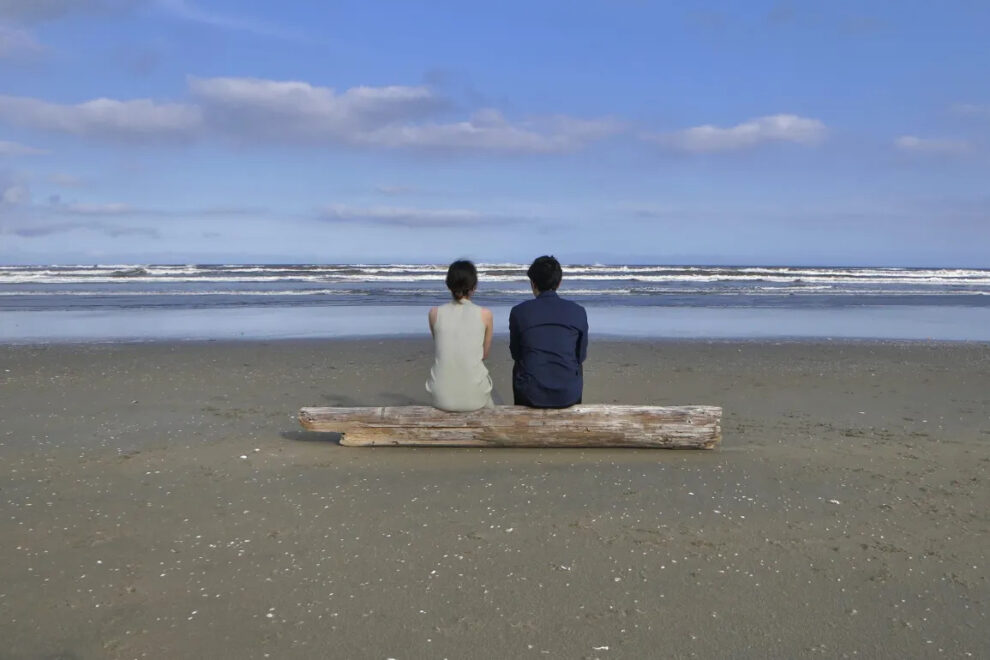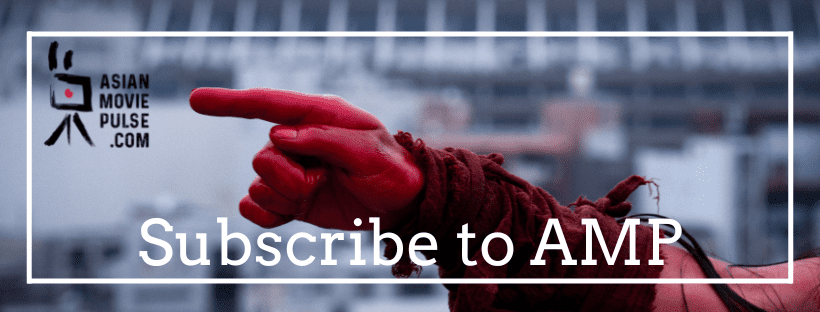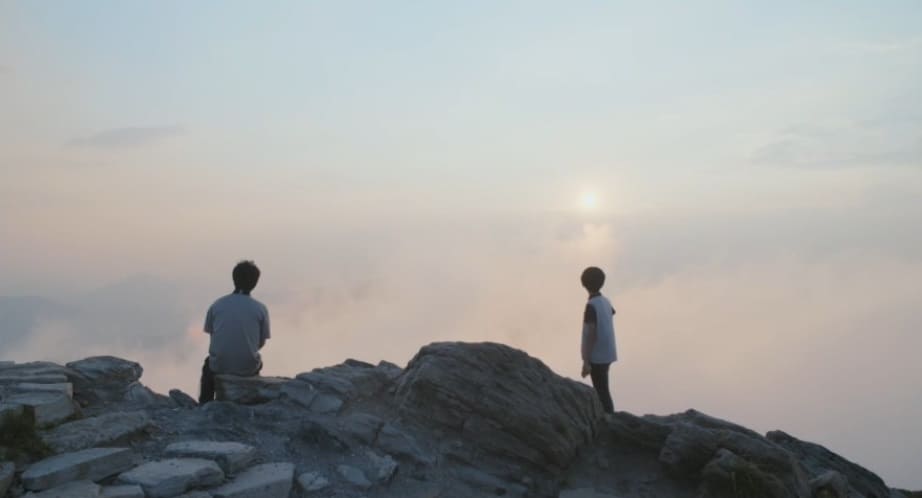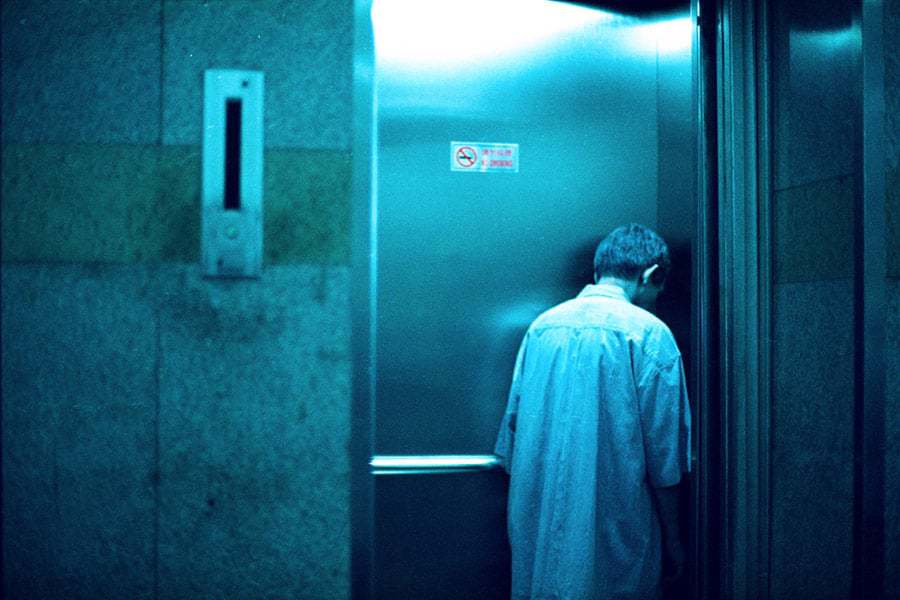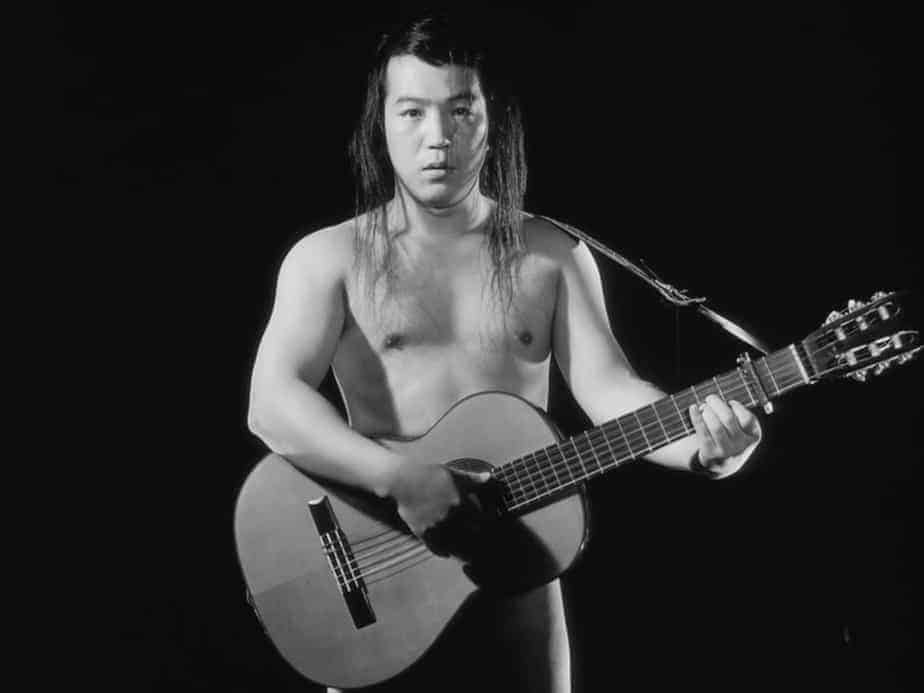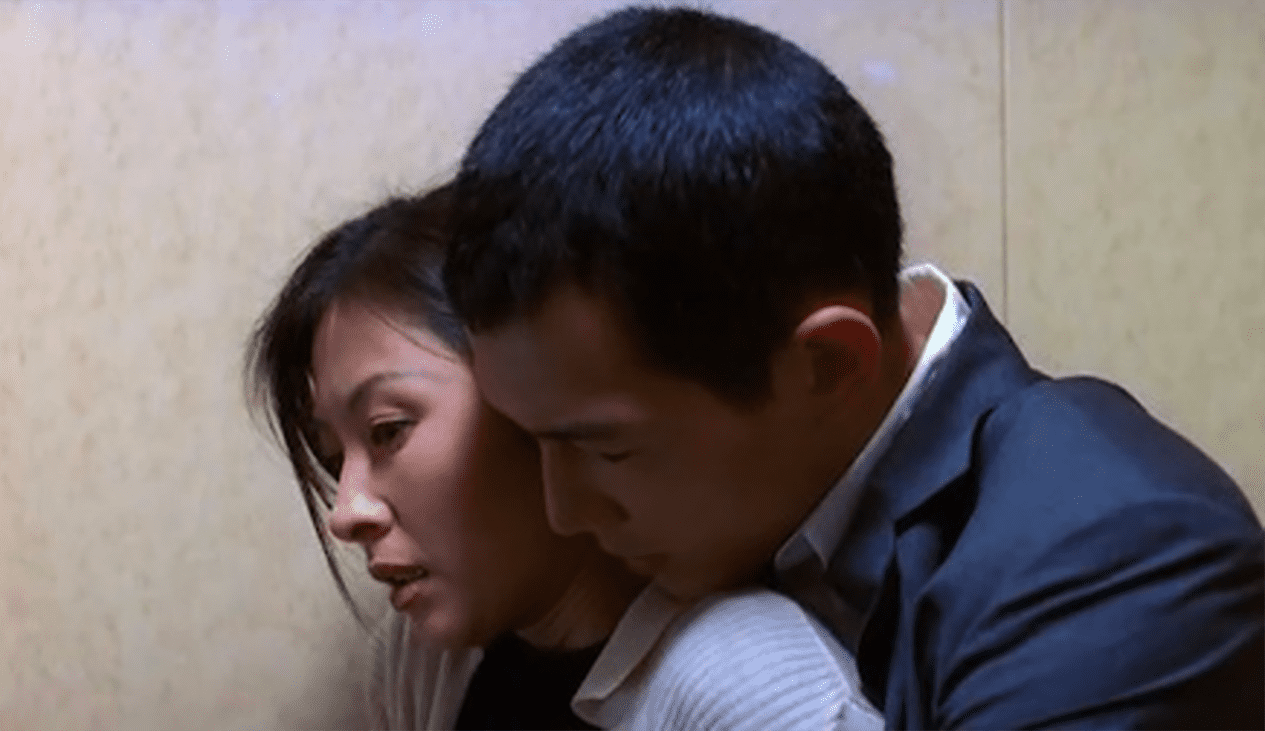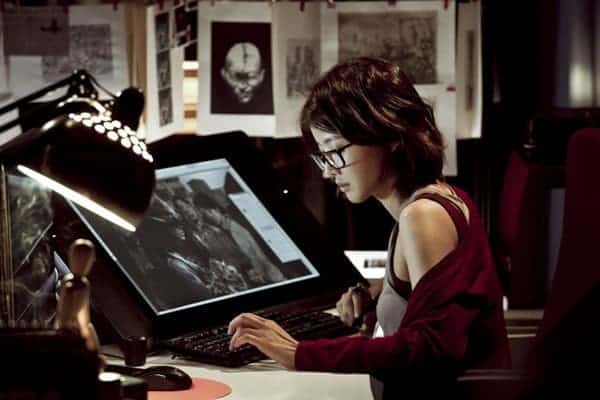Olivier Kazuma was born in Osaka. He studied theatre and cinema at the Nihon University College of Art in Tokyo. After his graduation, he joined TBS Sparkle, where he started as an assistant director on TV dramas and as a video editor for news reports. He currently works as a journalist attached to the Foreign News Department. While still in college, he wrote and directed a play, Papillon, which was performed in Tokyo. Since then, he has been involved in more than 20 plays and films as an actor, project manager, scriptwriter, and director. TRACÉ is his first full-fledged film as a writer and director since graduating from university.
TRACÉ is screening at Camera Japan
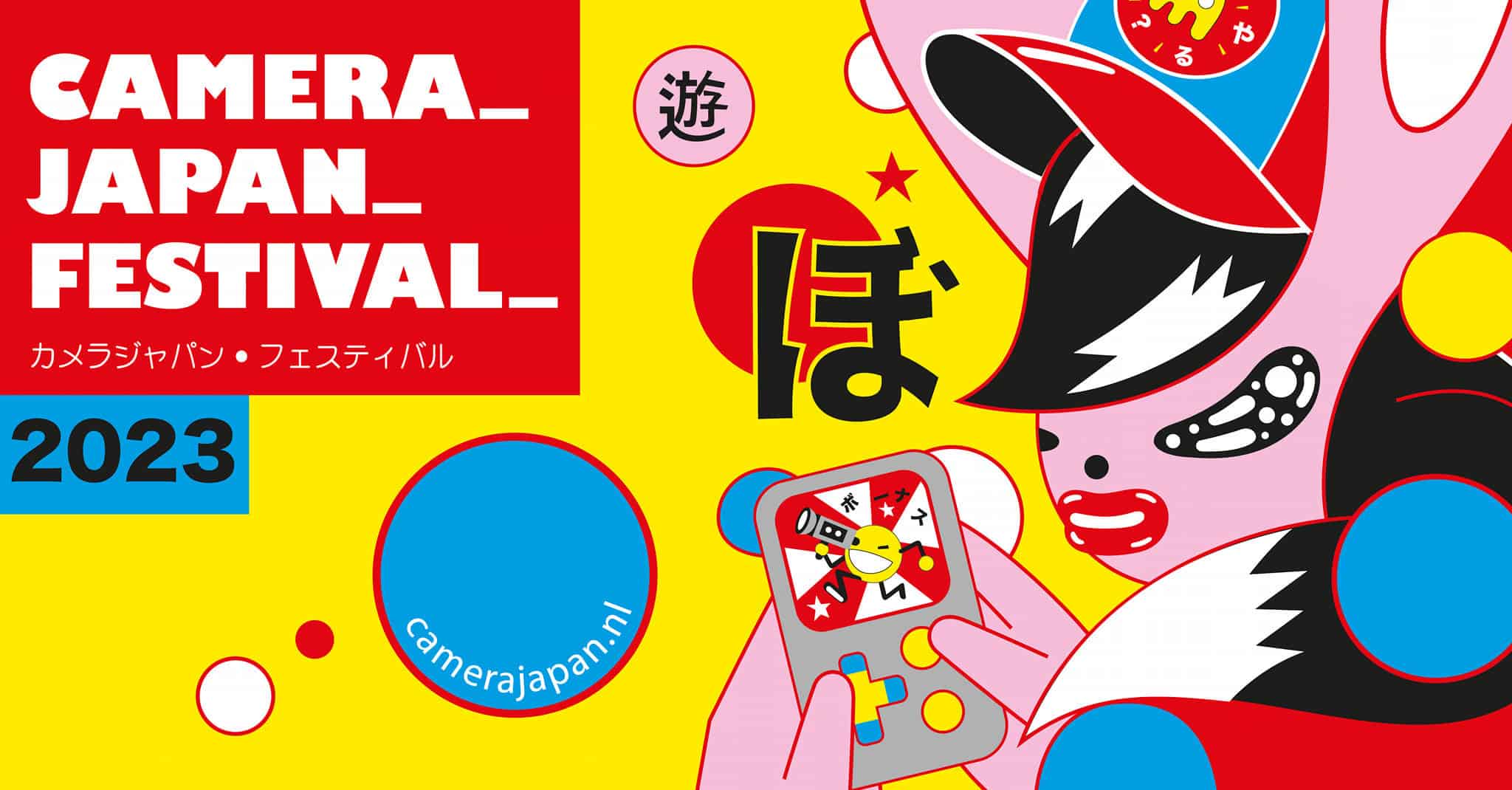
The film opens on a beach where a young man is lying on the sand, while we listen to the low sound of a clock in the background. The camera then moves slightly away, revealing that the clock sound was actually a metronome. Soon the man awakens and begins to stand up, while the camera is rotating around him. As he moves around the deserted beach, he watches a painter painting a couple and then stumbles on a Walkman of sorts.
Suddenly, a woman is standing beside him, also barefooted as him, holding a coffee in her hand. The two then sit on a log, and look at each other, although their sentiments seem different, with the man being surprised and the woman somewhat enigmatic, while both seem more shy as time passes. Suddenly, the man smiles, but an announcement about littering sounding from a speaker somewhere, breaks the “moment”. As the subtitles on screen are shown backwards, that the whole movie is also moving in the same way becomes obvious.
Olivier Kazuma directs a very intriguing short which seems to aim at gradually revealing that the whole story is presented backwards, with the hints left here and there (the metronome, the sound of the tape recorder, the subtitles, the actual title of the movie) making the whole thing functioning as a kind of a game, where the viewer is to find what exactly is happening.
Shot in a single shot and with almost no dialogue, “TRACÉ” is definitively minimalistic, but Shinnosuke Goto's cinematography is rather appealing, with the images of the beach during what seems to be autumn being very beautiful, and the presentation of the characters (the way they are dressed, how they move) being in perfect resonance with the film's visuals, creating a series of rather beautiful images. The rotating camera also induces the movie with a sense of movement that works well since the premises are those of a stage play taking place in location.
Yuta Ohashi and Yukina Kuno play their parts with eloquent silence, with their acting pointing towards the silent movies of the past, although the music and the various sounds are still present.
“TRACÉ” seems more like an exercise in filmmaking (an experiment if you prefer) but the result is both entertaining and visually appealing, resulting in a 15-minute short that definitely deserves a watch.


